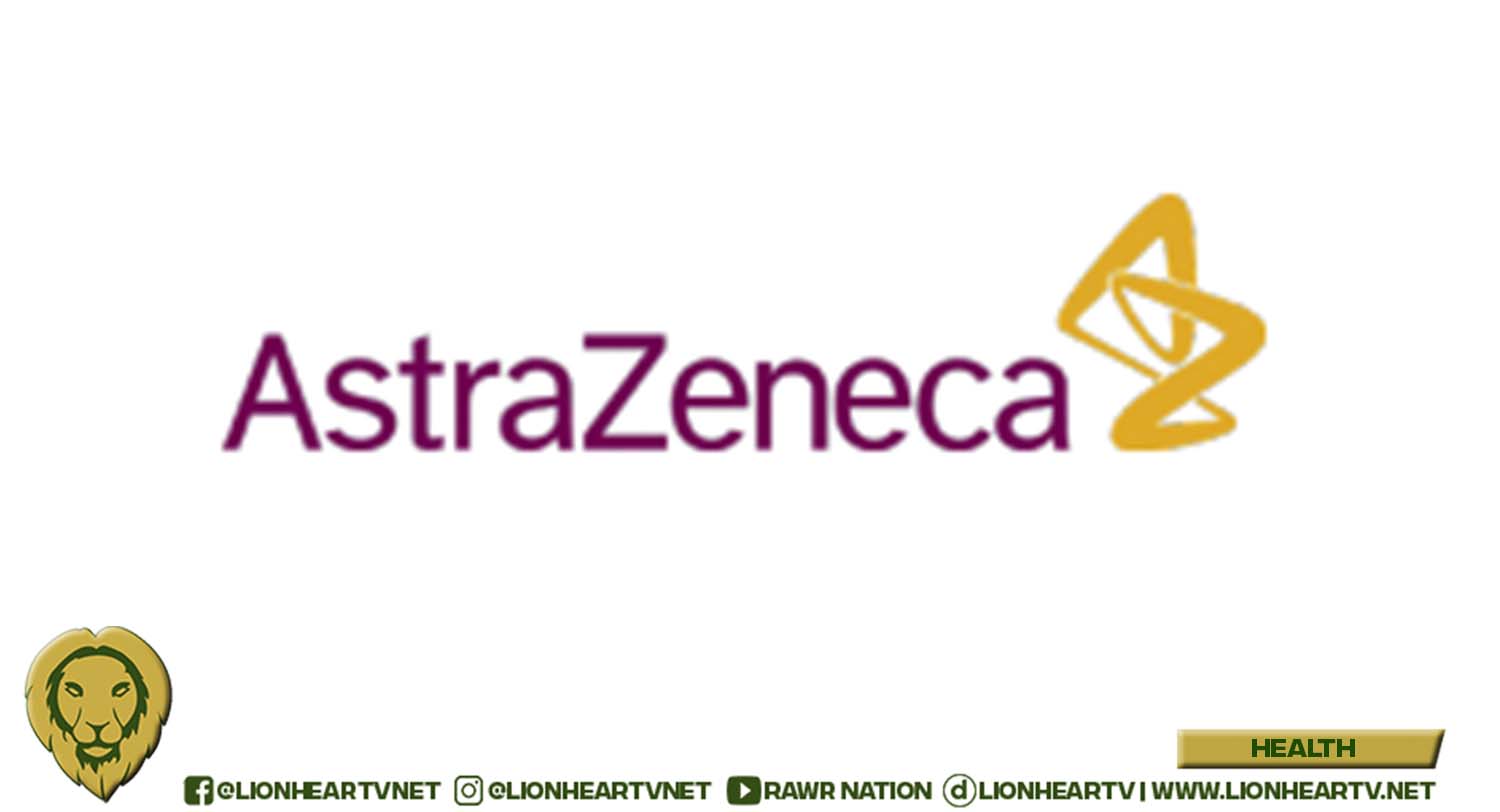AstraZeneca and its partners have released more than two billion doses of their COVID-19 vaccine to more than 170 countries across every continent on the planet in the last 11 months.

Approximately two-thirds of these have gone to low- and lower-middle-income countries, including more than 175 million doses delivered to 130 countries through the COVAX Facility. In the Philippines, we received a total of more than 25 million doses to date from the tripartite agreement, donations, and through the COVAX facility. We are expecting more AstraZeneca COVID-19 vaccines this December reaching ~80% of committed doses from the multilateral partnerships.
This milestone comes just over 18 months after AstraZeneca and Oxford University formed their landmark partnership for the global development and distribution of a not-for-profit COVID-19 vaccine for the world, and less than 12 months after its first emergency authorisation in the UK.1
Pascal Soriot, Chief Executive Officer, AstraZeneca, said: “Our vaccine has played a key role in tackling the biggest public health emergency of our lifetime: an estimated million lives saved, 50 million infections prevented, two billion doses delivered. The numbers are remarkable, and I’d like to thank everyone who put their lives to one side to help in this incredible endeavour. While much of the world still has to be vaccinated, and there is still much more to do, today is a proud day and testament to what can be achieved when we all work together.”
Professor Sir Andrew J Pollard, Director of Oxford Vaccine Group, said: “This is a proud moment and tribute to the efforts of researchers who developed and tested the vaccine, manufacturing staff who continue to work tirelessly to make it, logistics teams who ship it to clinics in every corner of the earth, armies of vaccinators who get it in our arms, and the public who have been with us since the first clinical trial dose on 23rd April 2020.”
To date, COVID-19 Vaccine AstraZeneca (ChAdOx1-S [Recombinant]) is estimated to have helped prevent 50 million COVID-19 cases, five million hospitalisations, and helped save more than one million lives.2 From the body of evidence in clinical trials and real-world data, the vaccine has been shown to have an acceptable safety profile.3,4,5,6,7
AstraZeneca continues to engage with governments, multilateral organisations and collaborators to ensure broad and equitable access to the vaccine.
COVID-19 Vaccine AstraZeneca
COVID-19 Vaccine AstraZeneca (ChAdOx1-S [Recombinant]) was co-invented by the University of Oxford and its spin-out company, Vaccitech. It uses a replication-deficient chimpanzee viral vector based on a weakened version of a common cold virus (adenovirus) that causes infections in chimpanzees and contains the genetic material of the SARS-CoV-2 virus spike protein. After vaccination, the surface spike protein is produced, priming the immune system to attack the SARS-CoV-2 virus if it later infects the body.
The vaccine has been granted a conditional marketing authorization or emergency use in more than 90 countries. It also has Emergency Use Listing from the World Health Organization, which accelerates the pathway to access in up to 142 countries through the COVAX Facility.
In the Philippines, the COVID-19 Vaccine (ChAdOx1-S [recombinant]) COVAX Supply has been given ‘emergency use listing’ by the World Health Organization. Similarly, the direct supply has been granted Emergency Use Authorization (EUA) by the Philippine Food and Drug Administration (FDA). This means that there is more evidence to come about this medicine. The World Health Organization and the Philippine FDA will review new information on this medicine as it becomes available and the leaflet will be updated as necessary. Please also note that the vaccine cannot be marketed or sold, advertised, and promoted.
COVID-19 Vaccine AstraZeneca is known as Vaxzevria in Europe. Under a sub-license agreement with AstraZeneca, the vaccine is manufactured and supplied by the Serum Institute of India under the name COVISHIELD.


